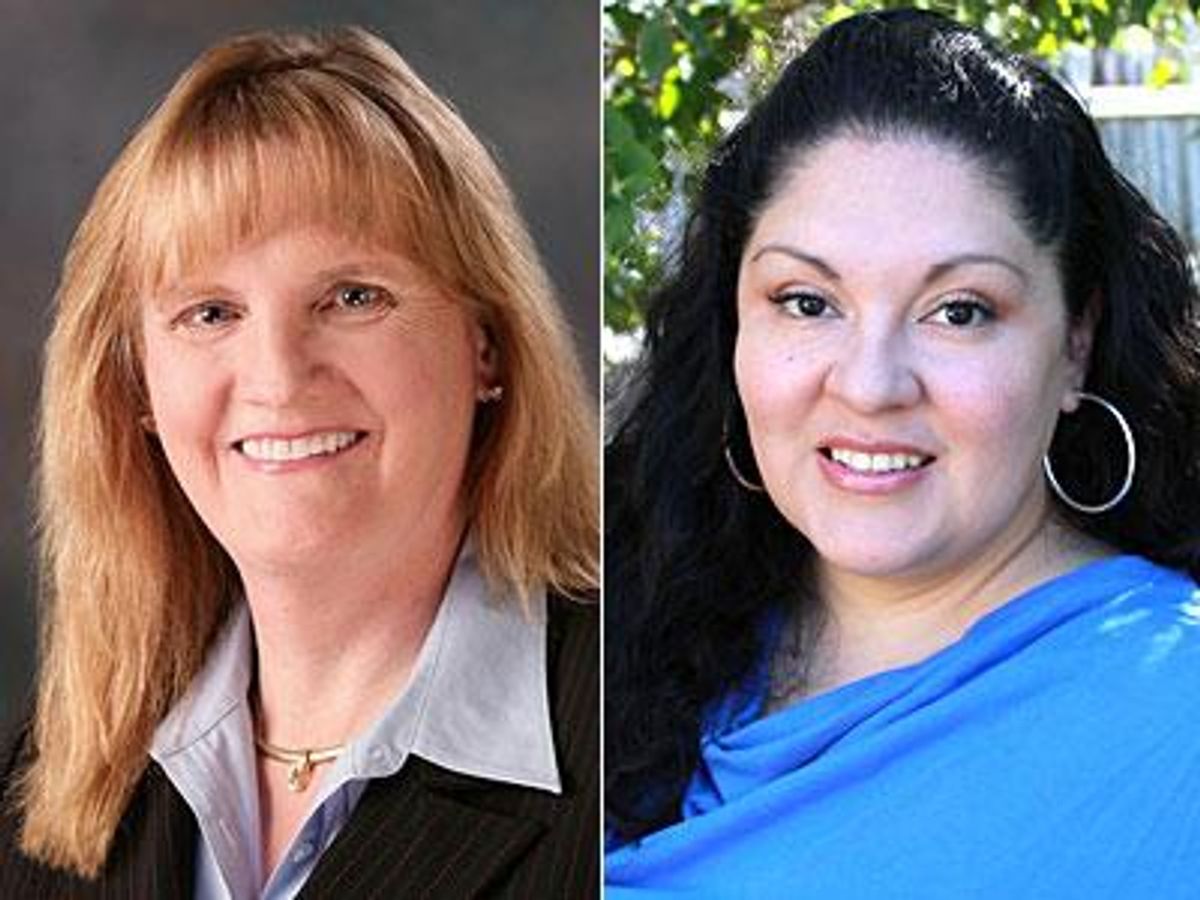A few years back Family Equality Council partnered with several other national advocacy groups to produce "All Children Matter: How Legal and Social Inequalities Hurt LGBT Families." The report revealed the vast discrimination and economic disparities facing LGBT parents and their children in the United States and suggested a road map for bringing our laws and policies in line with the changing face of the American family.
Since then we've seen great strides in the equality movement. As of today, 19 states and the District of Columbia extend marriage protections to same-sex couples while another 13 states are on the cusp of extending marriage rights pending decisions from a number of appellate courts throughout the country. And with a key section of the Defense of Marriage Act having been found unconstitutional, marriages between same-sex couples are now legal in the eyes of the federal government. In addition, lawsuits have been filed in every state challenging the ban on same-sex marriage. The advances we've made in just the last year have been staggering, but much work remains, particularly in the South.
Southern states have the highest proportion of LGBTQ couples raising children, but they offer the fewest protections for LGBTQ people and some of the highest poverty rates in the nation. LGBTQ families in the South must overcome serious legal hurdles in order to look out for one another, financially, medically, and otherwise. Discriminatory laws and policies in the South also deny thousands of children the opportunity to find forever loving homes. To add insult to injury, in every southern state an LGBTQ parent can be fired from their job, denied housing, or refused service in a restaurant, simply for being LGBTQ.
In an effort to confront the often hostile climate our families face in these southern states, Family Equality Council is reaching out to our Southern LGBTQ brothers and sisters -- and we're starting with Mississippi and Alabama. We are listening to our families' concerns and working to build their trust. We are taking the time to develop sustainable relationships with service providers, activists and allies on the ground so that we may all work together to move equality issues forward in Mississippi and Alabama and all across the South.
We recently spent a week on the ground, visiting with folks face-to-face in Alabama, learning firsthand exactly how our community experiences being LGBTQ in that state. Families have welcomed us with open arms and have shared their stories and personal experiences, which include dire tales about a court system that can be extremely hostile, often using sexual orientation as a means to bar adoption, parenting time, and even custody of one's own children.
We know from our experience working in other regions in the country, that one key way to begin countering these inequalities is by connecting LGBTQ families with one another, helping to create local community networks of support. And that is something we are working toward in Alabama, where families aren't always aware that other families like theirs exist. Family Equality Council has historically helped families find one another, connect and work towards fairness and justice in their respective states and locales. As we help families build these networks, we are simultaneously working to address our families' most immediate and critical needs. We are partnering with state and local advocates and organizations to provide resources and direct services and build capacity to effect law and policy changes at both the state and local levels.
We know there is strength in numbers. As more families find each other, they help give each other the courage to speak out and push for laws and policies to protect their families. The more visibility we gain, the more likely we can effect change. We are working with our local partners on the ground in Alabama, not to lead the band, but to play second fiddle.
As part of that effort we partnering with producers of an upcoming documentary, State and Union: Lesbian Families Living in the Deep South. The film, according to the production team, "honors the diversity of race, socioeconomic background and age groups that form the rich texture of Birmingham's lesbian community - a mutually supportive community that thrives despite having no legal protections provided by the state." Their motto, "No State Left Behind," captures the essence of why we're in the South, listening to our families and doing this work.
In reflecting on the film partnership, Family Equality Council executive director Gabriel Blau explains, "LGBTQ families in the South have the same dreams and aspirations for their children as the rest of the country, and we are proud to stand alongside these filmmakers for this instrumental documentary that delivers the opportunity for Southern voices to be heard."
And they will be heard. We will keep listening and asking more questions about how we can support this vital work. We know that long-term legislative policy fixes need to happen in this region, but we know it will take time. We also know that our recent visit to Alabama is just the first step in the long road to equality there. But if we stay the course, we know that together, we can help make change in this part of the country and ensure that all families are treated equally under the law and in their communities.
DENISE BROGAN-KATOR is the senior state legislative counsel and TATIANA QUIROGA is the Southern regional manager at Family Equality Council, the national organization that connects, supports, and represents the 3 million parents who are lesbian, gay, bisexual, and transgender in this country and their 6 million children of all ages.

















































































Viral post saying Republicans 'have two daddies now' has MAGA hot and bothered